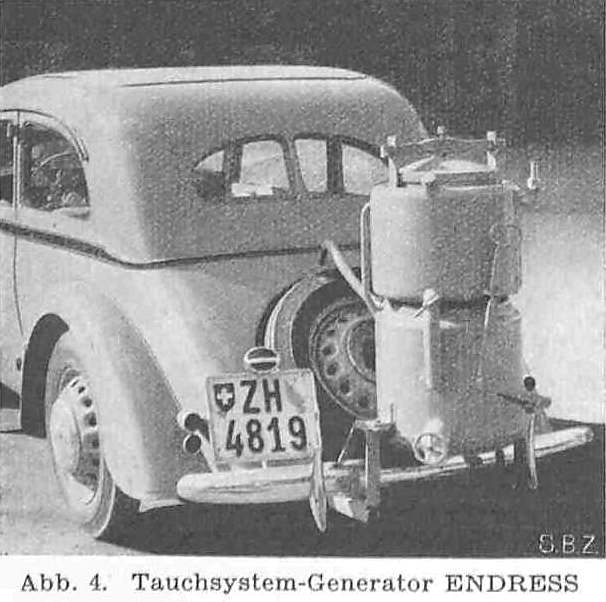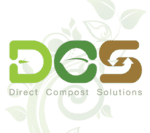
Good and Bad Effects of Ethylene when used for the maturation of food after storage and transport.
Difference between Ethylene and Ethanol
First I need to point out that Ethylene is different to Ethanol (the full name is Ethyl Alcohol). It is Ethanol that is the Alcohol part of Alcoholic drinks.
Ethylene on the other hand, (at room temperature) is a colourless, odourless gas that at (roughly) a concentration of 6% with air, is highly explosive. It freezes at -169.4 C and boils at 103.9 C so is normally found to be a gas unless compressed.
The Normal Action of Ethylene

The NORMAL action of Ethylene is to accelerate the normal process of fruit maturation and senescence of fruit and to cause leaves to break off in autumn from deciduous plants. The ethylene is produced naturally in small quantities by a lot of plants but some plants are more sensitive to it than others – eg Tomatoes, bananas , pears, citrus, pineapples, persimmons, apples, melons, mangoes, avocados, pawpaw, and jujubes are very sensitive to it.
It is used to ripen these fruits when they are mature but not ripe. Fruit is picked mature (therefore hard); transported to a central wholesale market; sold to the local fruit retailer; then taken home to be eaten by the retail customer.
The green, hard, but mature fruit is less likely to be damaged when picked in this condition.
Damaged Fruit

Damaged Fruit is injured fruit which causes it to produce Ethylene and accelerate the ripening of all the fruit near it.
This is a really good reason to handle all green fruit carefully as the damage is not seen when it is green but will show up rapidly as it ripens and changes colour – eg Bananas.
Fruit and vegetables picked where they are grown (which is usually a long distance from where they are eaten) and kept for prolonged periods of time, means a consumer can have most fruit and vegetables available to them most times of the year.
Fruit kept in Storage

Fruit kept in Storage such as apples, if kept in reduced oxygen conditions, keep well. But as soon as they are exposed to normal air, (i.e. when taken out of the storage conditions), they rapidly ripen and go soft and “flowery” so need to be eaten soon after removal.
Some fruit are quite resistant to Ethylene having almost no effect on them. Eg: cherries and Blue berries
Ethylene naturally causes a fruit to change in texture, softening, colour (eg a Tomato goes from green to red), loss of chlorophyll (eg autumn leaves) and stem shortening (dwarfing of Poinsettia pot plants). It is produced by plants when they are injured either mechanically or by disease to the plant, because damage is still damage.
Ripening Bananas

Ripening Bananas can be achieved with ethylene by putting the bananas in a brown paper bag with an apple, especially one that is fully ripe or injured so it produces a lot of Ethylene.
Bad Effects of Ethylene

BAD effects of Ethylene cause bud damage in dormant nursery stock, make vegetables go yellow, drop leaves off in ornamentals and cause rapid death of most cut flowers. This is why I would NEVER buy flowers from a Petrol station as their life would be at least reduced by two thirds due to the ethylene from car exhausts.
To reduce the effect of ethylene there are some chemicals that block ethylene production – eg Silver thiosulfate used in cut flower water to increase their vase life. Another “prevention” would be to NOT damage the fruit or flower – i.e. handle them carefully. I cringe when I see people swinging cut flowers as they walk as that just reduces their vase life by damaging them by producing extra Ethylene and shortening their vase life.
Ethylene is used commercially as the base of detergents, plasterers, synthetic lubricants and additives so is in great demand world-wide in its own right as a base chemical. It is also used to make polystyrene for packaging and insulation as well as styrene butadiene rubber for tyres and footwear. Anti- freeze and some plastic are also made from ethylene as a base.
Today’s Did You Know…?

In the first world war there was a great petrol shortage in Australia as it was being used by the army, so private car users needed a petrol substitute and used carbide producers attached to the back of their car. The carbide plus water produced Ethylene (as is said above) that is explosive but within a modified car engine made the engine work so the driver was able to drive to where they wanted to go. It was not an efficient system so when petrol became available again people went back to petrol.
Carbide can also make pineapples flower all at the same time but it doesn’t produce very good fruit.
https://directcompostsolutions.com/bacterial-infections/
https://directcompostsolutions.com/to-use-or-not-to-use-grass-clippings-2/














